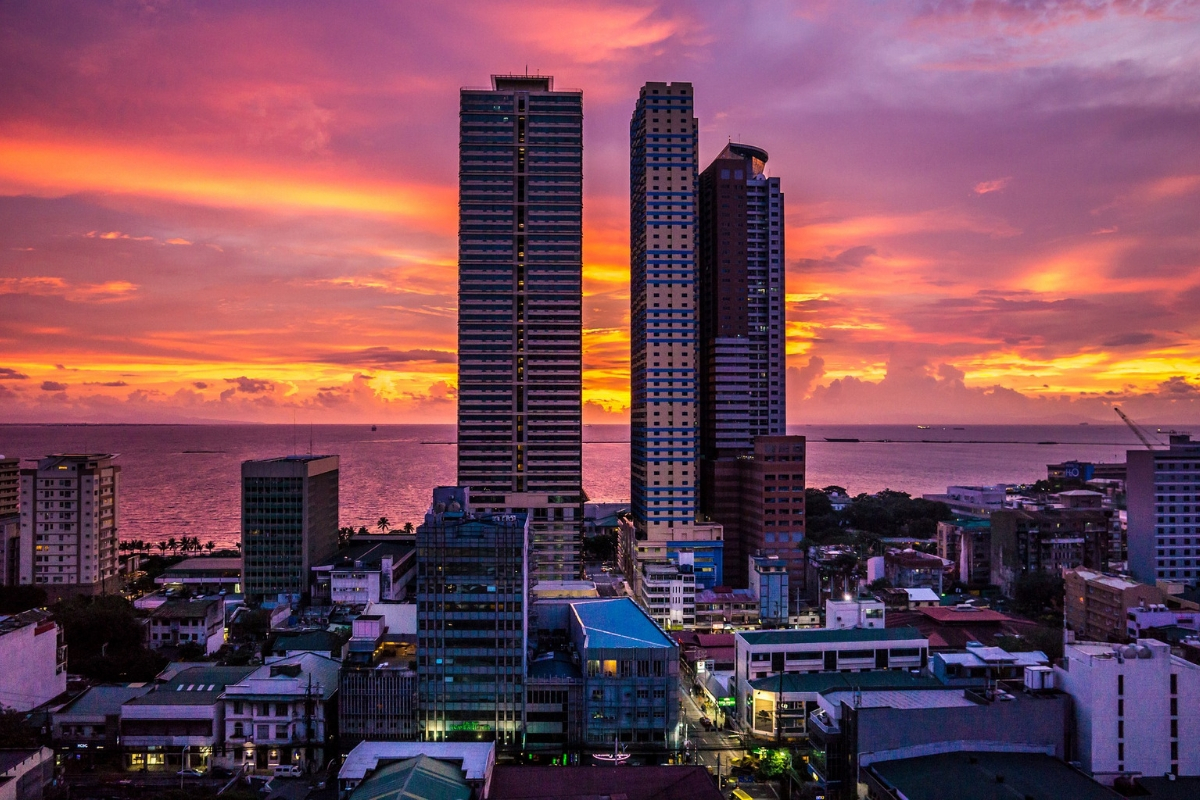The Philippine Government Set to Attract Crypto Companies from Japan, Korea and Australia

The Cagayan Economic Zone Authority (CEZA) latest crypto focused innovation, “Crypto Valley of Asia” is expected to draw the attention of companies from Japanese, Korean and Australian. The Philippine Government own innovation also made it clear that it has commenced a comprehensive operation directed at cracking down on unlicensed crypto companies operating within the region.
Crypto Valley of Asia
The Cagayan Economic Zone Authority (CEZA) in a recent report made it known that it has formed a partnership with an Offshore Virtual Currency Exchange (Ovce) licensees, Rare Earth Asia Technologies Corp. The purpose of the partnership according to the authority, is to expand its global presence and enhance its market domination.
As a result of this partnership, Rare Earth Asia Technologies Corp now has the sole right over CEZA’S marketing and the authority to promote any of CEZA’S products in Japanese, Korean and Australian.
According to a report from CEZA, the Crypto Valley of Asia is going to be “the most ideal investment destination in Asia for blockchain, crypto and financial technology (fintech) companies, ”
Ceza also added that the Valley will provide access to:
“clear guidelines and transparency, attractive tax incentives, access to a rich pool of talent in the areas of blockchain and fintech, and other benefits.
Also, the development plan for the Crypto Valley of Asia includes the launch of a blockchain and fintech university to provide skilled and experienced workers for companies in the economic zone.”
CEZA Doubled its Revenue
According to the CEO and Administrator Raul Lambino, since the authority ventured into blockchain technology, its revenue has not been the same. According to him, the authority was able to double the total revenue earned last year, from January to September 2018.
In addition, Ceza stated that:
“As part of the agreement with CEZA, Rare Earth will comply with all the Philippine rules and regulations of the concerned regulatory agencies such as the Banko Sentral ng Pilipinas (BSP) and Securities and Exchange Commission (SEC) when appropriate.”
